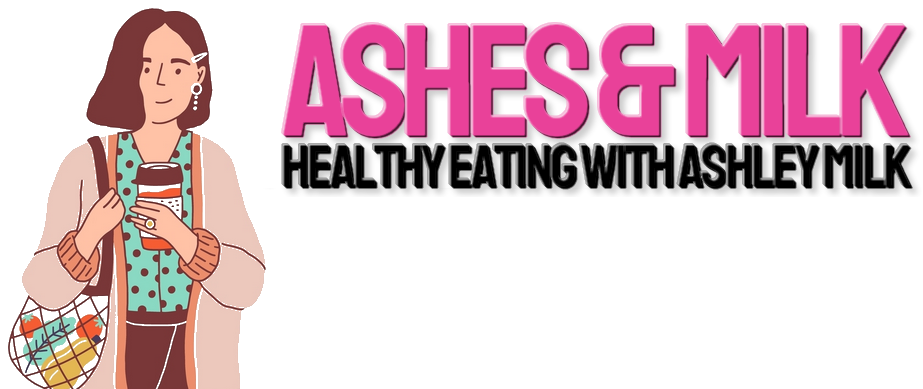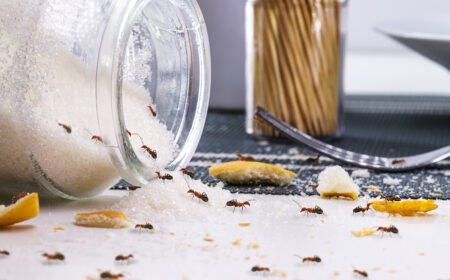We think of our kitchen sinks as a place to wash away food debris and expect them to perform it without issue. With the advent of garbage disposal, more scraps can be chopped up and flushed through the sewer pipes.
While most people understand what should and shouldn’t get put down the sink, oil holds a mysterious place in our minds? Can I wash grease and oil down the sink? Are there some I can and some I can’t? Let’s clear up the mystery by going over why you shouldn’t pour grease down your drain.
What Is Grease?

When we think of grease that gets poured down drains, we are talking about oils and fat. Grease is made from animal fat or minerals, while oils are derived from animal fat and plant extracts.
Pig fat comes to us in the form of lard or is rendered from protein like bacon to make grease. Both are lard, but they are derived differently. Tallow is beef, or mutton fat and butter is made mostly from milk fat, proteins and water.
While oil is usually in a liquid form unless chilled, grease goes solid at room temperature but is a liquid at higher heat.
Hot Grease

Now we know that hot grease is a liquid when heated. You see this when you cook bacon. Why can’t you just pour it down the drain with hot water? The problem is temperature. As soon as the grease hits the drain, it starts to cool. This is because the pipes are at room temperature. Running hot water will help it move down the pipes a little further, but regardless of if you are running hot water for a long period, it’s gonna turn solid and stick to the pipes at some point.
Once it is stuck on the side of the drain pipes, it’s like a sponge for any debris coming down. This is dirt, food scraps and other debris from your sink, and it builds up over time from a blockage. Now you have dirty water backed up into your sink.
Fatbergs

As more and more grease from bacon, duck fat, and lard make their way down your sewer line, it eventually connects to the public system or into your septic tank. This is where it does further damage.
In a public system, your grease solids combine with other homes and businesses like restaurants and break down into fatty acids and glycerol. It then bonds with calcium to make a soapy compound affectionately known as fatbergs. These cling to the sides of sewer pipes and grow until the entire sewer pipes are clogged. While it may seem like a small problem, some fatbergs can grow hundreds of feet and clog entire neighbourhoods.
Oil isn’t that much better either because it doesn’t mix with water and sticks to the sides of drain pipes to form a sticky trap for other debris. This will also lead to clogs.
Grease Clogs

If you find that the grease you’ve been pouring down the drain has resulted in a blockage, you can use several methods to clear it.
- Boiling water helps to melt it away
- Baking soda and vinegar work together to cause a chemical reaction that breaks down a clog
- Plunging will help break up the clog, but you should follow up with boiling water to clean the pipes
You don’t want to cause problems down the road in your drain pipes. Steer clear of pouring grease down your drain to save a tough unclogging nightmare later. Likely, you will have to call a plumber for assistance to unclear these blockages.
How to Properly Dispose of Grease

Ok, so what can you do with your grease then? Some people collect it and re-use it in their cooking. It is saturated fat, and there is much debate about whether it is healthy, but ultimately if you are eating animal fat, why not cook with it?
For disposal, it is easier than you think. Simply fry or bake your bacon and let the grease come to room temperature. This way, it becomes solid and can be scooped out onto paper towels and thrown into the trash. Small amounts in a pan can be wiped out with a paper towel and discarded.
For cooking oils, they will never turn into a solid after you use them, so save an old plastic container like a mayo jar and pour the cooled oil inside. Then put on the lid and throw it in the trash.
If you have already poured grease down your drain, you can do your best to wash it down the line by pouring boiling water down to melt it away. You can also add dish soap to help it slip through the pipes. Ultimately, this just moves the grease further down the line, but hopefully, it won’t contribute to a worse problem later.









